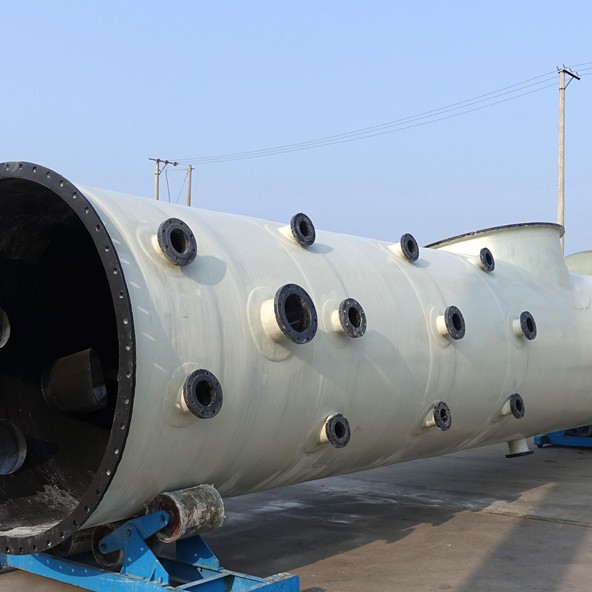
-
 Afrikaans
Afrikaans -
 Albanian
Albanian -
 Amharic
Amharic -
 Arabic
Arabic -
 Armenian
Armenian -
 Azerbaijani
Azerbaijani -
 Basque
Basque -
 Belarusian
Belarusian -
 Bengali
Bengali -
 Bosnian
Bosnian -
 Bulgarian
Bulgarian -
 Catalan
Catalan -
 Cebuano
Cebuano -
 China
China -
 China (Taiwan)
China (Taiwan) -
 Corsican
Corsican -
 Croatian
Croatian -
 Czech
Czech -
 Danish
Danish -
 Dutch
Dutch -
 English
English -
 Esperanto
Esperanto -
 Estonian
Estonian -
 Finnish
Finnish -
 French
French -
 Frisian
Frisian -
 Galician
Galician -
 Georgian
Georgian -
 German
German -
 Greek
Greek -
 Gujarati
Gujarati -
 Haitian Creole
Haitian Creole -
 hausa
hausa -
 hawaiian
hawaiian -
 Hebrew
Hebrew -
 Hindi
Hindi -
 Miao
Miao -
 Hungarian
Hungarian -
 Icelandic
Icelandic -
 igbo
igbo -
 Indonesian
Indonesian -
 irish
irish -
 Italian
Italian -
 Japanese
Japanese -
 Javanese
Javanese -
 Kannada
Kannada -
 kazakh
kazakh -
 Khmer
Khmer -
 Rwandese
Rwandese -
 Korean
Korean -
 Kurdish
Kurdish -
 Kyrgyz
Kyrgyz -
 Lao
Lao -
 Latin
Latin -
 Latvian
Latvian -
 Lithuanian
Lithuanian -
 Luxembourgish
Luxembourgish -
 Macedonian
Macedonian -
 Malgashi
Malgashi -
 Malay
Malay -
 Malayalam
Malayalam -
 Maltese
Maltese -
 Maori
Maori -
 Marathi
Marathi -
 Mongolian
Mongolian -
 Myanmar
Myanmar -
 Nepali
Nepali -
 Norwegian
Norwegian -
 Norwegian
Norwegian -
 Occitan
Occitan -
 Pashto
Pashto -
 Persian
Persian -
 Polish
Polish -
 Portuguese
Portuguese -
 Punjabi
Punjabi -
 Romanian
Romanian -
 Russian
Russian -
 Samoan
Samoan -
 Scottish Gaelic
Scottish Gaelic -
 Serbian
Serbian -
 Sesotho
Sesotho -
 Shona
Shona -
 Sindhi
Sindhi -
 Sinhala
Sinhala -
 Slovak
Slovak -
 Slovenian
Slovenian -
 Somali
Somali -
 Spanish
Spanish -
 Sundanese
Sundanese -
 Swahili
Swahili -
 Swedish
Swedish -
 Tagalog
Tagalog -
 Tajik
Tajik -
 Tamil
Tamil -
 Tatar
Tatar -
 Telugu
Telugu -
 Thai
Thai -
 Turkish
Turkish -
 Turkmen
Turkmen -
 Ukrainian
Ukrainian -
 Urdu
Urdu -
 Uighur
Uighur -
 Uzbek
Uzbek -
 Vietnamese
Vietnamese -
 Welsh
Welsh -
 Bantu
Bantu -
 Yiddish
Yiddish -
 Yoruba
Yoruba -
 Zulu
Zulu
Exploring the Benefits of PVC and FRP Pipes in Modern Construction
PVC and FRP Pipes A Comprehensive Overview
Pipes are an essential component in various industries, and their material composition can significantly affect their performance and durability. Two popular types of pipes used today are Polyvinyl Chloride (PVC) pipes and Fiber Reinforced Plastic (FRP) pipes. Each of these materials acts differently in terms of applications, advantages, and limitations. This article explores the characteristics of PVC and FRP pipes, enabling you to make informed choices for your plumbing and industrial needs.
Understanding PVC Pipes
PVC pipes are made from a synthetic plastic polymer known as polyvinyl chloride. They are widely used in plumbing, drainage, and irrigation systems due to their numerous advantages. One of the main features of PVC pipes is their corrosion resistance. Unlike metal pipes, PVC does not corrode or rust, making it an ideal choice for carrying water and other fluids safely over long periods.
Another significant benefit of PVC is its lightweight nature, which simplifies transportation and installation. Additionally, PVC pipes are available in various diameters and lengths, making it easy to find the right size for specific applications. Their smooth interior surface allows for improved flow rates and reduced friction, leading to enhanced system efficiency.
Moreover, PVC pipes are extremely cost-effective. They are cheaper to manufacture compared to metal pipes, which makes them a favorable choice for both residential and commercial projects. Additionally, the installation process requires fewer tools, further reducing labor costs.
However, PVC pipes are not without their drawbacks. They can become brittle over time, especially when exposed to extreme temperatures. Consequently, they may not be the best choice for applications that require high-temperature resistance. Furthermore, PVC is not biodegradable and can create environmental concerns if not disposed of properly.
pvc frp pipe

Fiber Reinforced Plastic (FRP) Pipes
On the other hand, Fiber Reinforced Plastic (FRP) pipes are composite materials consisting of a polymer matrix reinforced with fibers, often glass or carbon. This combination results in pipes that boast exceptional strength and durability, making them suitable for various demanding applications.
FRP pipes are highly resistant to corrosion, chemicals, and ultraviolet light, making them ideal for industries like chemical processing, wastewater management, and marine applications. Their ability to withstand extreme environmental conditions without losing structural integrity gives them a significant advantage over traditional materials.
The lightweight nature of FRP pipes contributes to their ease of handling and installation, similar to PVC pipes. However, what truly sets FRP apart is its versatility. These pipes could be designed to accommodate high pressures and temperatures, unlike PVC. This capability makes FRP a preferred choice in settings where traditional materials may fail.
Despite their many benefits, FRP pipes typically come with a higher price tag compared to PVC. Their manufacturing process is more complex, leading to increased costs that can impact budget considerations for projects. Additionally, the installation of FRP pipes requires specialized knowledge and equipment, which might further escalate expenses.
Conclusion
In summary, both PVC and FRP pipes have unique properties that make them suitable for specific applications. PVC pipes are cost-effective and easy to install, making them ideal for standard plumbing and drainage systems. Meanwhile, FRP pipes offer superior strength and durability, making them the preferred choice for high-demand environments. When selecting between PVC and FRP pipes, consider factors such as cost, installation, application needs, and long-term performance to make the best decision for your project. Understanding the characteristics of each type of pipe will enable you to choose the right material for your specific requirements, ensuring the success and longevity of your piping systems.









